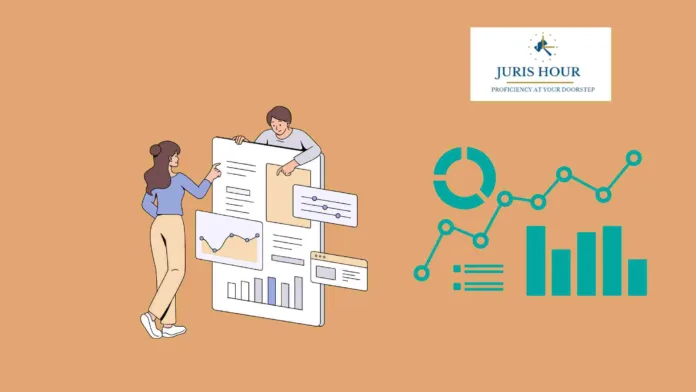A lot of Non-Resident Indians (NRIs) make money from Indian sources like property, bank savings, or investments. If they don’t plan well, this cash might get taxed in India and where they live now. But the Double Taxation Avoidance Agreement (DTAA) offers a clever fix to this problem by stopping tax from being paid twice.
India has inked DTAAs with more than 90 countries. This lets NRIs cut down on taxes the right way and boost what they keep after tax from their Indian earnings.
DTAA stands for?
DTAA refers to a two-way arrangement between India and other nations meant to guarantee that the same funds is not taxed twice. This agreement supports NRIs living abroad who earn income in India.
Among the large nations with DTAA with India are the US, UK, UAE, Canada, and Singapore.
Tax Relief under DTAA: How It Works
DTAA gives two major methods for avoiding double tax payment:
1. The Exemption Method
This means that the money is taxed in only one location—India or wherever the person resides.
2. Technique for tax credits
The money is taxed twice in this scenario, but the individual gets a break in their home country for the tax they paid in India, lowering their total tax liability.
Which Income Types Are Covered?
Under DTAA, NRIs can receive tax relief on several sorts of income, including:
Earnings on Non-Resident Ordinary (NRO) bank accounts
Income from rental property India-based
Indian company share dividends
Gains on capital from the sale of property or shares in India
Since the DTAA between each country and India may have varying tax rates and conditions, it’s imperative to examine the particular agreement in use.
Needed Papers to Get DTAA Benefits
NRIs must provide the following documents in order to take advantage of DTAA benefits:
tax residency certificate from their country of residence
Form 10F gives more personal and tax-related information.
A personal declaration noting intent to use DTAA advantages
According to the agreement, these papers should be presented to the deductor—that is, banks or tenants—to guarantee reduced Tax Deducted at Source (TDS) rates.
Example: How DTAA Could Save Taxes
Picture an NRI in the United Arab Emirates receiving ₹8 lakh year as interest from an Indian bank deposit. The interest in India might be liable for a 30% TDS without DTAA. But under the India- UAE DTAA, the tax could be lowered to only 10%, thereby saving ₹1.6 lakh in taxes.
Reasons NRIs should understand DTAA
Through DTAA, NRIs can claim tax deductions:
Avoid twice taxation on the same earnings.
Reduce their actual tax rate in India.
Stay in compliance with tax regulations both Indian and international.
Boost India’s investment returns
Effective application of DTAA clauses can greatly impact financial planning for any NRI having Indian income sources.
Maximizing tax benefits depends on timely submission of the demanded documents and knowledge of the agreement with their nation of domicile.
Read More: India’s proposed tariffs on 29 American goods are opposed by the US at the WTO

